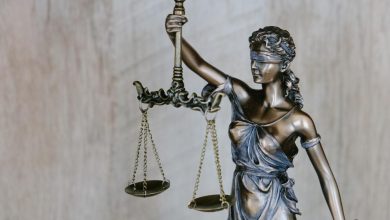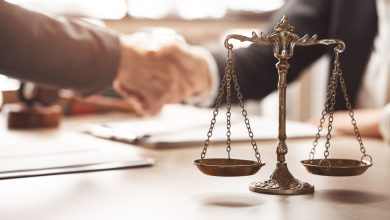The defense of sexual assault charges involves some of the most difficult moral and factual questions in criminal law. These cases often depend on questions of consent and credibility, which leads to a lot of sensitive digital evidence, like text messages, social media history, and hours of police body-worn camera footage. In order to protect the client’s rights, a defense sexual assaults attorney must carefully examine this evidence. Artificial Intelligence (AI) is quickly becoming an important, though controversial, tool that can help balance the scales against the state’s huge resources.
The Digital Discovery Deluge: Why AI Needs to Be Improved
Terabytes of data are often involved in modern criminal discovery. This digital evidence can include the following in a sexual assault case:
Audio and video: Police interviews, 911 calls, and body camera footage from the arrest and investigation of the scene.
Electronic Communications: Hundreds or thousands of text messages, emails, and social media posts between the parties or people who are important witnesses.
Digital Forensics: Data about where you are, call logs, and an analysis of how you use your devices over time.
It takes a long time and is easy for people to miss things when they look through this huge amount of unstructured data by hand. The defense sexual assaults attorney can focus on strategy rather than data processing with the help of AI-powered tools, which automate this analysis.
Transcription and Indexing: AI is used by platforms like JusticeText to automatically transcribe hours of video and audio evidence. This makes transcripts searchable, so the defense team can quickly find important statements, contradictions, or inconsistencies in police reports or witness accounts that would have taken days to find by hand.
Pattern Recognition and Anomaly Detection: AI algorithms can look through messages to find mood changes, timeline problems, or phrases that keep coming up. This helps the lawyer put together a coherent story or find inconsistencies that are important for questioning credibility or coming up with a defense strategy.
The Connection: Questioning the State’s Use of AI
The most important link between AI and the defense sexual assaults attorney is that they both need to question the prosecution’s use of AI-derived evidence. Police departments are using AI more and more during the investigation phase:
Predictive policing and facial recognition are two tools that can help make the first stop or identification of a suspect, even if they aren’t as direct. To question the legality or constitutionality of the evidence gathered, the defense needs to know how the algorithms work.
Risk Assessment Tools: AI is used to figure out how likely it is that the defendant will run away or commit another crime before the trial. These risk scores are important because sexual assault charges carry very harsh punishments. The defense must push for openness and question algorithms that may reinforce systemic biases (like racial bias in training data) or whose “black box” nature makes it hard to understand how decisions are made.
The defense sexual assaults attorney has an ethical obligation to acquire technical competence to challenge the tool’s scientific validity, error rates, and built-in biases if the prosecution uses any automated tool to interpret DNA evidence, analyze cell site data, or assess risk.
Ethical Imperatives and the Human Element
AI is a great tool for operations, but its use raises important ethical issues for defense lawyers:
Confidentiality and Data Security: To keep attorney-client privilege, lawyers need to be very careful about vendor security and data privacy rules when they put sensitive client information, like detailed private accounts related to consent, into commercial, cloud-based AI systems.
Competence and Verification: Lawyers must be competent and follow the rules. AI-generated legal research or case summaries must be thoroughly validated against primary legal sources, as there is a significant risk of “hallucinations” or erroneous citations. AI-transcriptions of evidence must also be checked against the original video to make sure they are correct, especially when it comes to important testimony.
Human Judgment: AI cannot replace human judgment in sexual assault cases, where nuance, emotion, demeanor, and the idea of “reasonable belief” are all very important. The defense sexual assaults attorney should use AI to help them with their advocacy, not to control it. The ability to empathize, cross-examine, and persuade that is needed to get through emotionally charged jury trials is still only human.
In short, AI is an important tool for administration and analysis, but only an experienced human defense sexual assaults attorney can make strategic decisions, keep an eye on ethics, and persuade people in court. Technology can help us be more efficient, but we need human wisdom to get justice.




